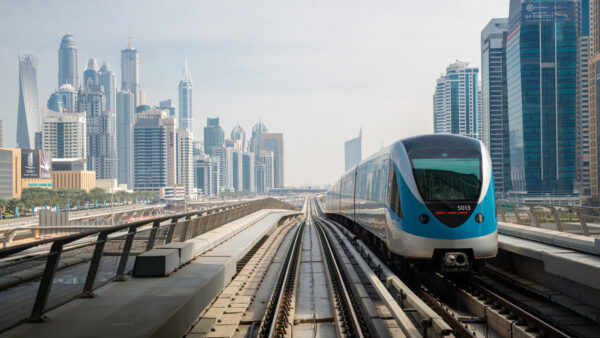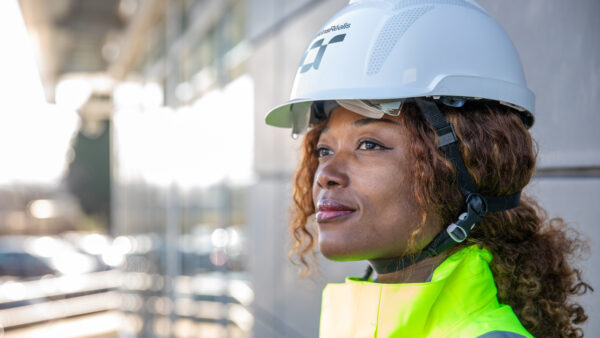Developers of the 379km high-speed railway between Dallas and Houston in Texas celebrated the clearing of two regulatory hurdles this week, saying it brings the start of construction closer.
On Monday, 21 September the US Federal Railroad Administration (FRA) gave Texas Central Railroad LLC its “Rule of Particular Applicability” (RPA), setting the safety requirements for the railway’s signal and trainset control systems, which based on Japan’s Shinkansen bullet trains.
The FRA also issued its Record of Decision (RoD), completing the environmental review process begun in 2014, and confirming the railway’s alignment.
“This is the moment we have been working towards,” said Carlos Aguilar, chief executive of Texas Central Railroad, adding it “represents years of work by countless individuals, affirming a very thorough and careful federal regulatory process that will make the Texas Central Railroad the first high-speed rail system to be implemented in the United States.”
The company said it is “ready to build and will proceed to construction as soon as possible to contribute to the Nation’s COVID-19 recovery”.
The team assembled to build the railway includes Italy’s Webuild Group (formerly Salini Impregilo) and its US subsidiary, Lane Construction, who won the design-build contract for the civil infrastructure work in September 2019.
Bechtel is programme manager, Central Japan Railway (JRC) is technology provider, and Spain’s Renfe will operate the railway, which will carry passengers from Houston to Dallas in 90 minutes, with one stop in the Brazos Valley.
That is half the time it takes to drive, and also an hour quicker than flying given boarding times, promoters say.
The railway is expected to cost around $20bn, with $14bn budgeted for the civil works.
Texas Central says the railway will bring some $36bn in economic benefits in the next 25 years, with construction creating 17,000 direct jobs in the first six.
One promoter is the mayor of Houston, Sylvester Turner, who said in response to the FRA’s decisions: “The construction of high-speed rail will have a generational impact, creating thousands of jobs right here in Houston and injecting billions of dollars into our local businesses.
“Once operational, the system will create connections and opportunities never thought possible. The City stands with Texas Central and looks forward to continuing our work together to make this project a success for the City of Houston and our state.”
However, the railway is opposed by some lawmakers and a group called “Reroute the Route”, which wants to move the alignment to downtown Houston instead of the Northwest Mall location currently designated.
Opponents also object to the railway’s impact on farmland and rural communities, as well as water run-off routes.
They also claim that Texas Central, which insists the scheme will be paid for by investors, will seek taxpayer cash.
In terms of land, Texas Central says it has control of more than 600 parcels of necessary land as well as the sites of the three stations in Dallas, Houston and the Brazos Valley.
Image courtesy of Texas Central
Further reading:






